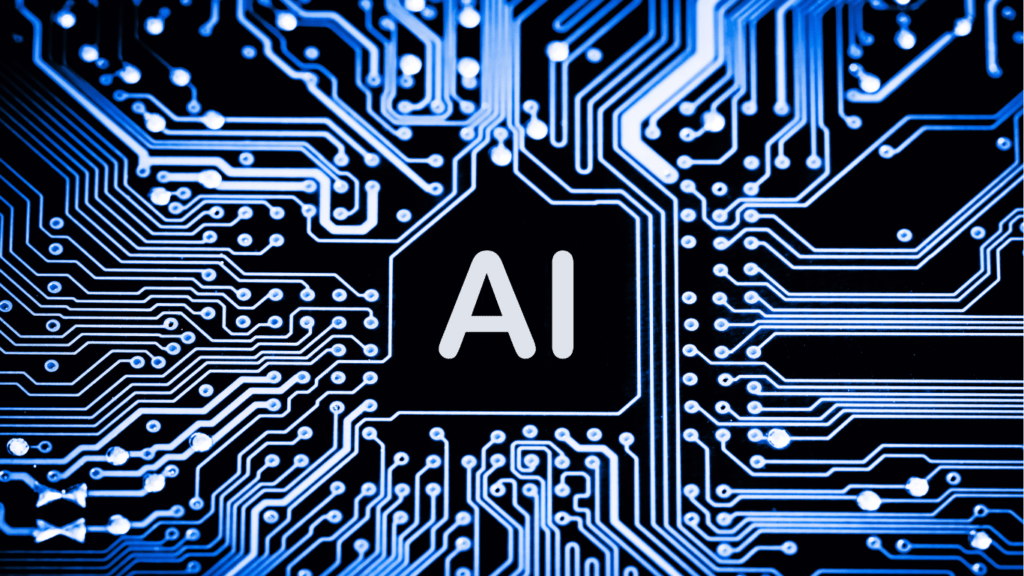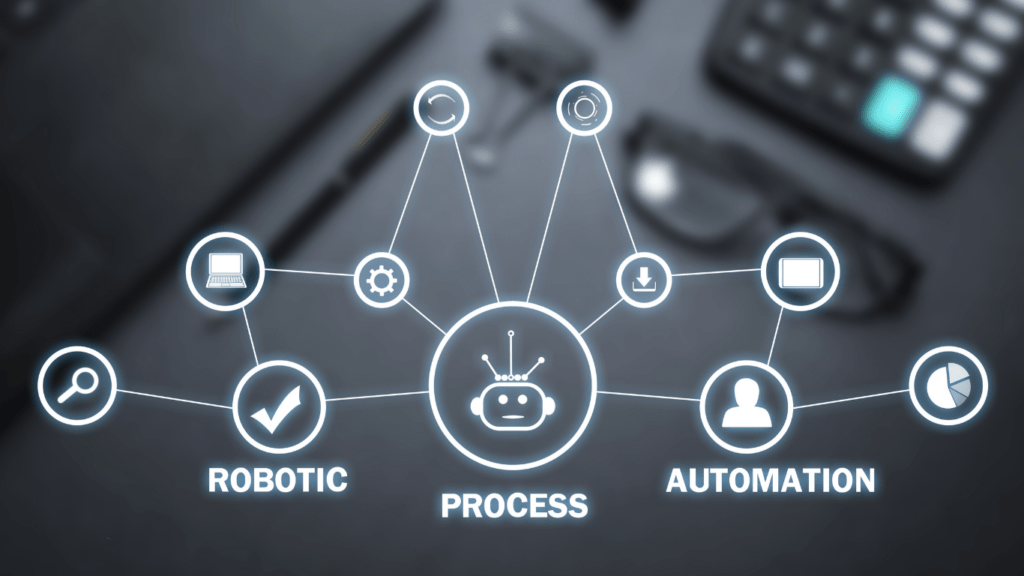Understanding AI in Business
AI plays a crucial role in shaping modern enterprises by integrating advanced technologies to enhance efficiency and drive innovation. I explore its fundamental concepts and advantages for companies below.
What Is AI and Its Role in Modern Business?
AI, or artificial intelligence, refers to systems or machines that mimic human intelligence to perform tasks and iteratively improve based on data. In business, AI enables automation, decision-making, predictive analytics, and personalized services. Large-scale data processing and real-time insights help businesses remain competitive. For example, companies use AI-powered chatbots for customer service or employ machine learning algorithms to optimize supply chains.
Key Benefits of AI for Companies
- Efficiency Improvement: Automated workflows eliminate repetitive tasks, reducing human error. For instance, AI-powered data entry systems streamline back-office operations in finance and healthcare.
- Cost Reduction: Predictive maintenance in industries like manufacturing lowers equipment failure costs by up to 40%, according to the McKinsey Global Institute.
- Enhanced Customer Experience: Tools like recommendation engines and sentiment analysis tailor services, increasing customer satisfaction.
- Scalability: AI solutions manage workload surges without compromising performance, aiding e-commerce businesses during peak seasons.
- Innovation Enablement: Deep learning models assist in developing new products, such as AI-generated designs in the fashion industry.
By leveraging these benefits, businesses position themselves to adapt swiftly in a competitive landscape.
Industries Leveraging AI

Numerous industries are transforming operations and service delivery by integrating AI technologies. These sectors are optimizing processes, enhancing efficiency, and driving innovation.
AI in Retail and E-Commerce
Retail and e-commerce companies integrate AI to personalize shopping experiences and optimize inventory management. Recommendation algorithms analyze purchase histories and browsing behavior to suggest products. AI-powered chatbots provide instant customer support, while visual search tools identify items from images. Inventory systems use demand forecasting to reduce overstock and stockouts. Companies like Amazon and Walmart apply predictive analytics and robotics for supply chain efficiency.
Transforming Healthcare with AI
Healthcare organizations use AI to improve patient outcomes and streamline operational tasks. Diagnostic tools analyze medical imaging for conditions like cancer and cardiovascular diseases. Natural Language Processing (NLP) systems extract critical insights from unstructured medical records. Virtual health assistants schedule appointments and provide medication reminders. Leading institutions, including Mayo Clinic, leverage machine learning models to enhance treatment plans and predictive care.
AI in Manufacturing and Automation
Manufacturing plants implement AI to enhance productivity, monitor quality, and minimize downtime. Predictive maintenance systems analyze equipment data to preempt failures. Robotic process automation (RPA) performs repetitive tasks, increasing production speed. Computer vision detects defects in real-time, reducing waste. Companies like Siemens and General Electric deploy AI-driven platforms for supply chain optimization and smart factory management.
Finance and AI-Driven Innovations
Financial organizations employ AI to detect fraud, assess risks, and enhance customer interactions. Fraud detection systems identify anomalies in transactions using machine learning models. Credit scoring algorithms analyze vast datasets for accurate loan approvals. AI-driven robo-advisors offer personalized investment strategies. Banks like JPMorgan Chase enhance decision-making processes and customer retention through AI-powered insights.
Strategies for Adopting AI
Adopting AI requires a strategic approach to ensure alignment with business objectives. By preparing infrastructure, training employees, and leveraging external expertise, companies can effectively integrate AI solutions.
Building AI-Ready Infrastructure
AI adoption starts with a robust infrastructure capable of handling large-scale data processing and advanced computations. Businesses should implement scalable cloud platforms like AWS, Azure, or Google Cloud to support AI workloads efficiently. Ensuring high-quality data storage systems allows seamless access for AI algorithms to analyze and generate insights. Integrating cybersecurity measures safeguards sensitive information from breaches, maintaining data integrity.
Training and Upskilling the Workforce
Empowering employees with AI skills improves adoption success. Organizing AI-focused training programs, such as courses on machine learning or data visualization tools like TensorFlow and Power BI, bridges the skill gap. Encouraging cross-functional teams to participate in these programs enhances collaboration in AI projects. Promoting a culture of continuous learning motivates employees to stay updated with new AI technologies.
Collaborating with AI Service Providers
Partnering with AI experts accelerates implementation. Established providers like IBM Watson and OpenAI offer tailored AI solutions designed for specific industries. Engaging these providers ensures access to cutting-edge technologies for tasks like predictive analytics, automation, and customer personalization. Collaborating with consulting firms streamlines integration processes and reduces the burden on internal IT teams.
Challenges and Solutions
Businesses face several obstacles when integrating AI into their operations. Addressing these challenges effectively ensures AI implementation is both ethical and efficient.
Ethical Concerns and Data Privacy
AI adoption raises ethical dilemmas, especially regarding data privacy and bias. Protecting customer data is critical since misuse can damage trust and lead to legal penalties. I recommend implementing robust encryption protocols and complying with regulations like GDPR or CCPA to safeguard sensitive information. Bias in algorithms also impacts fairness and equity. Companies need to routinely audit AI systems for bias, ensuring diverse datasets during training.



